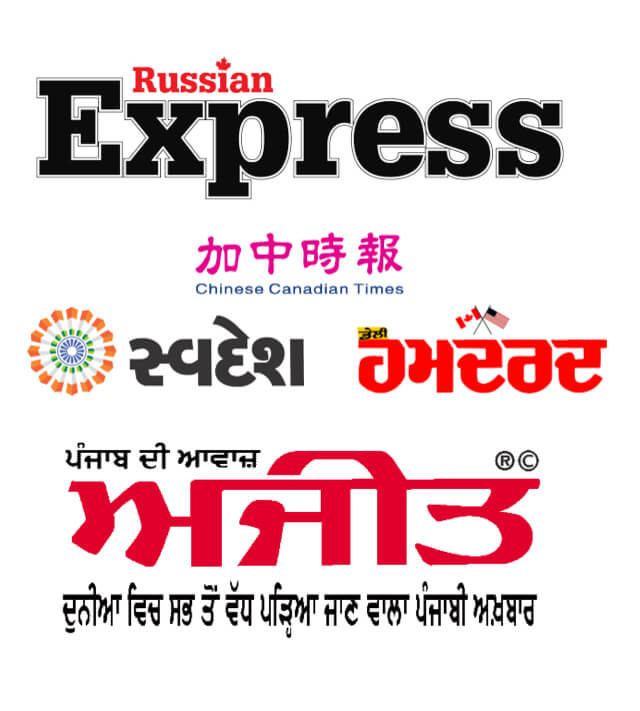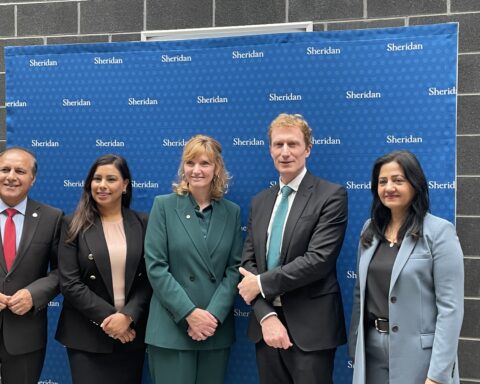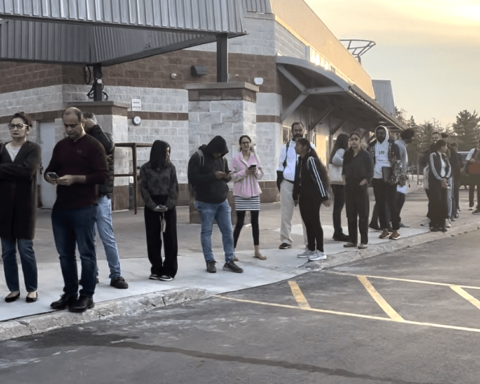Canada can look forward to a period of “relaxed” immigration accompanied by steps to make life easier for newcomers, according to editorials published in a cross-section of ethnic media in the weeks since the Oct. 21 federal election.
While an NCM analysis shows no direct correlation between what the Liberals might do on the immigration file and the so-called “immigrant vote”, at least one newspaper in Toronto went to town with its reading of the tea leaves. “What this election proved, more than anything else, is that the immigrant vote cannot be dismissed as irrelevant or unimportant. In the cities where Trudeau won big, it was the immigrants who handed him his second term,” the Equality News weekly said in an editorial three days after the election.
Other than a generally immigrant-friendly outlook, a review of ethnic media Oct. 27 to Nov. 1 shows that these outlets foresee a relatively stable government — “stable as a mountain” in the description of one Chinese outlet — despite the Liberals not commanding a majority of MPs in the House of Commons. Corriere Canadese, an Italian paper from Toronto, said that Trudeau “dodged a bullet” at the polls by winning a plurality of seats, but fell short of a majority government.
NCM reviewed election-related coverage in ethnic media in collaboration with MIREMS, a media monitoring service. According to Blythe Irwin, sources director at MIREMS:
“The varying opinions showcase the diversity of the ethnic communities, with some outlets publishing stories in favour of the Liberals and some against,” he said. “It’s interesting to note when opinions are shared across publications from different ethnic communities. For example, Toronto Romanian newspaper Faptu’ Divers (from Toronto), as well as an article in the Chinese Van People website, both expressed concern over Trudeau’s re-election due to marijuana legalization,” Irwin added.
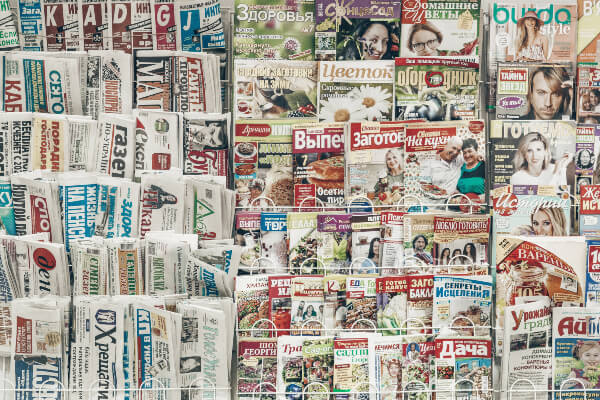
While Pagini Romanesti, from Montreal in Romanian, was optimistic about the tenure of the incoming government, speculating that it might turn out to be the longest-lasting minority government in Canadian history, that opinion was hardly unanimous. Writing in the Milenio Stadium in Portuguese from Toronto, columnist Manuel da Costa didn’t see much to celebrate: “This election revealed attitudes and structural deficiencies in a country that will be difficult to repair with this prime minister and supporting seals. As a result of divisionary policies, the country is more fragmented than ever. The seeds of racism and separation have again been seeded in Quebec and your taxes are paying for it.”
‘Drug central’
The legalization of marijuana remains a divisive issue in some communities, with publications for Russian, Romanian and Chinese audiences offering scathing commentary on the Liberal win. In the words of Faptu’ Divers, Trudeau’s first four years in power was marked by just one achievement: the legalization of marijuana. “This legalization is so good that now nobody knows if the neighbour’s marijuana is legal or if it was purchased illegally,” the editorial in Romanian said.
In the same vein, Van People wrote, “[M]any Chinese Canadians voted in support of the Conservatives and are eager to remove Trudeau’s Liberals. Some Chinese Canadians are worried that if Trudeau serves another four years, Canada will become a refugee camp and ‘drug-use central’.”
The Russian Express weekly from Toronto said that Canadians who cast their votes for “progressives” would rue the day. “Nowadays in Canada” the paper stated, “any party that does not agree with the replacement of legal immigration with illegal migration, with carbon taxes to save the planet and with prosperity at the expense of future generations has less and less chance of winning the election.”
Griping in Chinese community
The tenor of coverage in the Chinese media was markedly different from the jubilation in some other large immigrant communities such as the Indian, Italian or Hispanic. Several media outlets drew comparisons between the influence of the Chinese community on Canada’s body politic and the sway of the Muslim community. (The former represents 4.6 per cent of the Canadian population (2016), while Muslims are estimated to be 3.2 per cent (2011).)
Both superlife.ca published near Toronto, and Van People from Vancouver, drew the attention of their readers to a Canadian Muslim Voting Guide put together by academics at Wilfred Laurier University, contrasting the platforms of the major parties on key topics. “This election guide not only provided the Muslim community guidance but also inspired other Canadian citizens, encouraging them to rethink several social issues in Canada,” Van People reported.
Superlife went further, arguing that the guide not only increased turnout, but may have also influenced the final outcome of the elections. On the other hand, “Leftist Chinese people criticize rightist Chinese people for not holding Canadian ‘mainstream values’, lacking foresight, clinging to the past and turning their back on their birthplace,” the web platform argued.
The Chinese media reviewed during this period seemed to offer few positives about the prime minister, with the Chinese Canadian Times weekly from Toronto comparing Trudeau’s next tenure as a “long march” presiding over a “fractured” country. The Sept Days weekly from Montreal, though, foresees good days ahead for Canada-China relations even amidst a period of political uncertainty.
Jubilation among Indo-Canadians
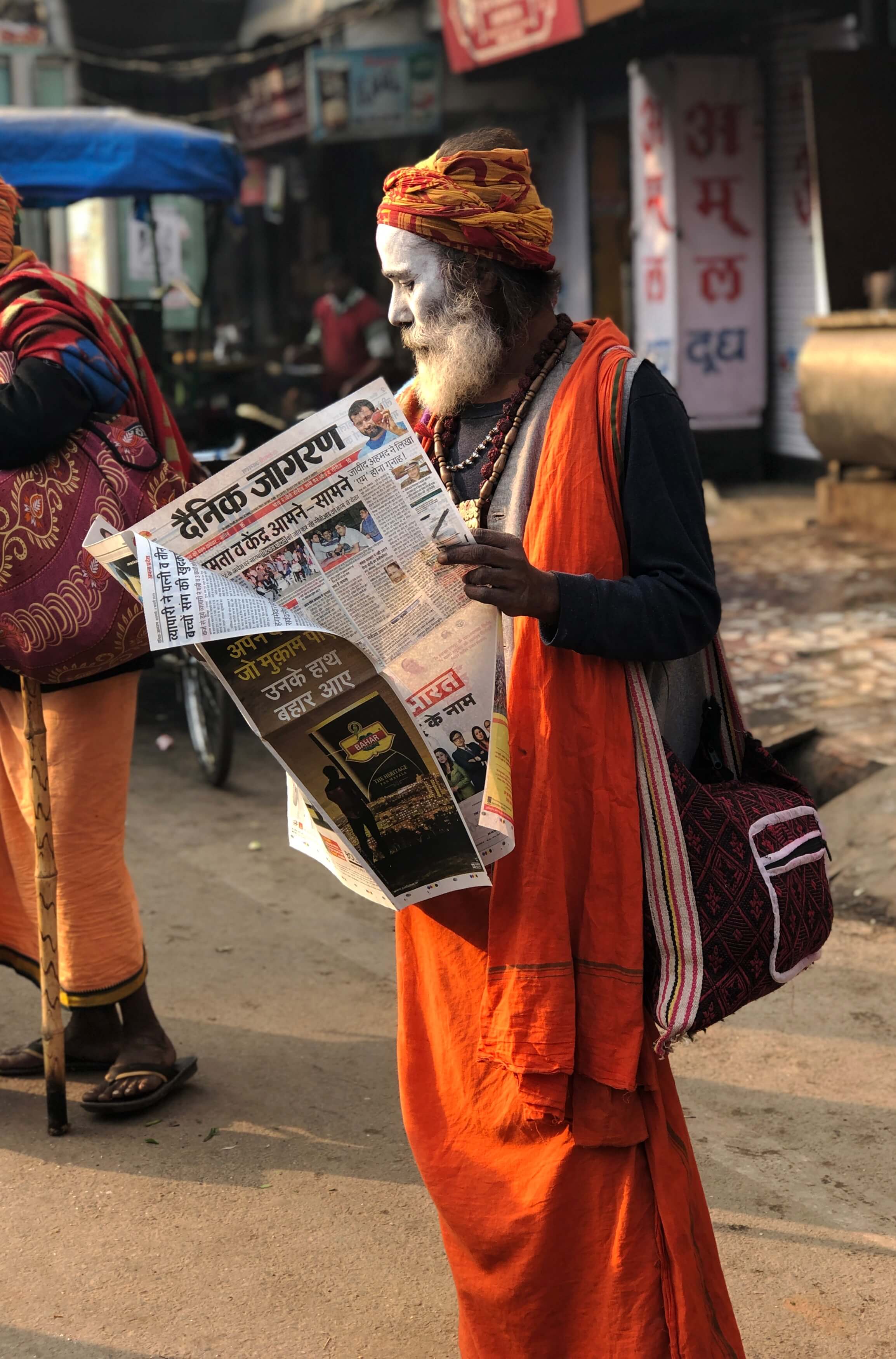
Media organizations that appeal to the large diaspora from India (South Asians represent 5.6 per cent (2016) of the Canadian population, but this includes other nations in the sub-continent) were clearly ecstatic. The Swadesh weekly in Gujarati (one among scores of Indian languages) surmised that, “[Trudeau] might increase the number of Sikh members of his cabinet to get closer to the NDP, whose leader is a Sikh. The influence of the Sikh community is likely to increase in the Trudeau Government 2.0, which will also benefit Indians.”
The paper also anticipates a higher representation of Cabinet ministers with Indian heritage, with the Liberals alone accounting for 19 of the 20 elected Members of Parliament from this community. (The one other MP is Jagmeet Singh, leader of the NDP.)
The Hamdard weekly in Punjabi from Mississauga placed on record the fact that this will be the “first time that a new government will be in power with the support of a federal party led by a person of the Sikh faith”.
The paper also carried a rather intriguing commentary on its front page on Oct. 30 trying to fathom why the youth of Punjab (a state in India) are fascinated by Trudeau.
“They love Justin Trudeau so much that they were actually praying for Trudeau’s win in the federal election of Canada, while they did not show much interest in the local or provincial elections of India. The reason lies in the action taken by Trudeau in 2015 to open doors for immigrants, refugees and students. Students from Punjab took advantage of the liberal immigration policy and started to arrive in Canada in large numbers. The pace has not slowed down to date.”
The Ajit weekly’s Ontario edition in Punjabi delved even further into MPs who trace their lineage to India. Their numbers, they paper said, are going up from 19 to 20 in this Parliament, with 19 of them from Punjabi families, five of whom hail from one district in Punjab named Hoshairpur.
Visa boon
Publications in Punjabi, Polish, Chinese and Spanish wrote editorials anticipating even more immigration, ushering in a municipal nominee program (building on provincial nominee programs), more visas under the parent and grandparent category and the waiving of over $600 in citizenship fees.
El Popular, in Spanish from Toronto, called on the Hispanic community to work with their respective MPs to broaden the scope of a pilot program to regularize undocumented construction workers in the Greater Toronto Area.
Immigration consultant Irena Bartoszewicz, writing in Zycie in Polish from Toronto, called on her community to stop complaining about where Canada’s immigrants come from — a reference perhaps to the fact that a majority hail from Asia and Africa, not Europe — but rather to focus on the opportunities available. “Our compatriots are great professionals in various areas of life. Let’s take advantage of immigration plans for the coming years, as other ethnic groups in Canada do.”
This analysis is the last in an NCM series created as a service to readers who wish to follow news and commentary in languages other than English and French. The content stems from a partnership with MIREMS and diversityvotes.ca. MIREMS monitors 600 outlets and 30 language groups daily, by far the most comprehensive read of multicultural media available in Canada.
NewCanadianMedia.ca is Canada’s premier web site dedicated to news and views about the one-fifth of Canadians who are immigrants. You’ll find original journalism from an immigrant perspective along with content produced by our partners in Canada’s ethnic media. Our content provides fresh insights into developments in politics and society, enhancing your understanding of our diverse world.

